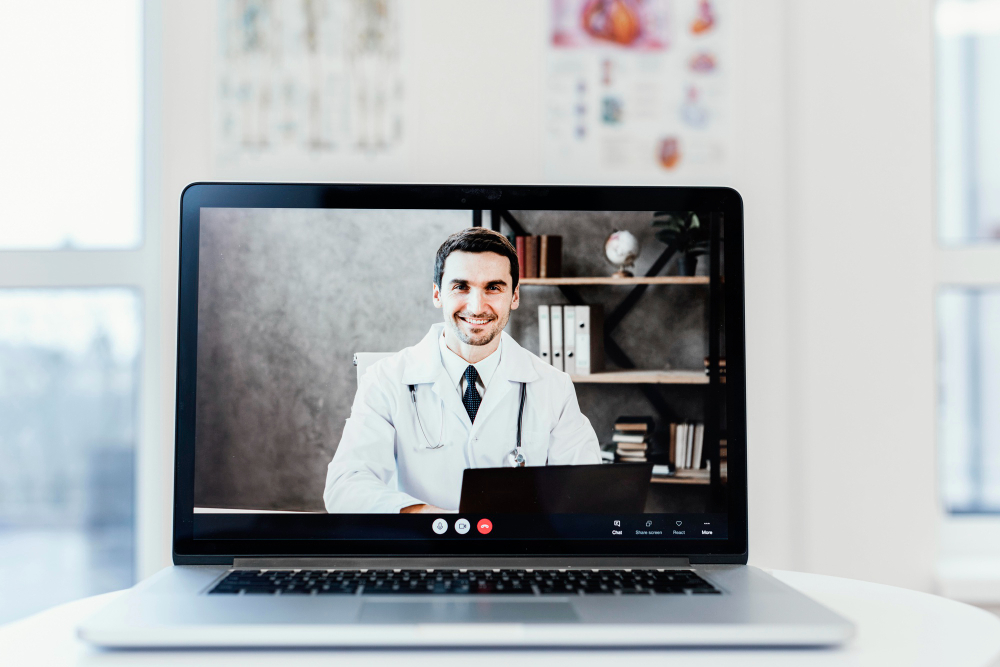COVID-19 Home Quarantine: Essential Health Protocols
4 min read
By DocGenie , Published on - 05 May 2021With the second wave of coronavirus, India is grappling with a humanitarian crisis. Infection rates are surging with each passing day and hospitals are struggling with infrastructure.
During this overwhelming crisis, it is important to have access to verified information. In this blog, we will share the health protocols to maintain when home quarantined with Covid-19.
Quarantine is just a safety measure
The thought of quarantining scares many people. However, in reality it is just an efficient method for protection. By separating and restricting the movement of infected people it helps keep them away from others and prevents them inadvertently infecting others in close contact with them. Here close contact means less than six feet from an infected person for a prolonged time and includes co-living people, visitors, or those in a closed space along with the infected person. According to medical practitioners, if an infected person coughs near you (less than six feet), you qualify as a close contact.
Historically, governments around the world have used quarantine as a way to check the spread of transmissible diseases which includes outbreaks, epidemics or pandemics. Remember! If you are asked to be quarantined at home it is highly imperative that you strictly follow the advice.
Also read: Protect Yourself From Covid
Who is required to quarantine?
- People who have the coronavirus (Covid-19) infection
- Those who tested for Covid-19 and are awaiting results
- Those who have symptoms like a fever, cough, and sore throat
- People who are sick — even if unsure of Covid-19 infection— are advised to be quarantined unless there is a need for medical care.
Self-isolation versus Quarantine
Self isolation and quarantine are not the same. Isolation has the same goal as quarantine, but applies to the ones infected or those with confirmed cases of Covid-19. Quarantine time period is till the incubation period of the virus, which is 14 days. In case of isolation it continues till the infected person is free of symptoms and tests negative.
What should you do in quarantine or isolation?
- Stay at your home, and do not leave unless it is absolutely necessary. Do not panic! Remember, most people with Covid-19 have mild illness and can recover at home without medical care. Stay away from attending functions, school, are other public places.
- If you are around others by all means wear a mask. Kids below 2 years of age or those with trouble breathing should not wear masks.
- Keep your plates, glasses, cups, spoons, towels, bed sheet and pillows totally separate. Do not let other family members use any of these items unwashed and without sanitising. Wash them with hot soapy water.
- If possible, stay in the room with an attached bath and do not let other people use it.
- Wash your hands frequently. Please keep in mind that hygiene is absolutely critical. While coughing or sneezing use your elbow; otherwise if possible use a tissue and throw it in a covered dustbin, immediately.
- It is natural to feel restless and anxious during the quarantine period. But being aware of the situation will be of great help to deal with your anxiety and stress. Whenever you feel it is getting unbearable, remind yourself that your actions are saving lives.
- Another very crucial thing is to strictly follow the instructions and to collaborate with the administration and authorities. This is of great importance in preventing and slowing the spread of the virus.
- The room you are quarantined in should have good ventilation. You can do this by keeping the window open.
- Keep in touch with your doctor. And if you have trouble in breathing, or have any other emergency warning signs, call for medical help immediately.
- Take care of your wellbeing; make sure that you get ample rest. Sleep well. Stay hydrated by drinking enough water. Right from the start, consultant a physician or you can get online doctor consultation. Take the medicines, prescribed by your doctor. It will help you feel better.
- No visitors, children or adults, should come into your home.
- Inform the people you contacted recently about being infected. According to data, infected people can spread the virus, right from 48 hours before getting symptoms or testing positive. The information will help them know that they too might have been exposed to Covid-19. This will help prevent the spread.
Also read: COVID-19: Some Useful Precautions and Safety Rules
DocGenie is an online telemedicine platform that provides you with quality healthcare from the comfort of your own space. On DocGenie, you can book an online consultation with highly-qualified doctors as well as book lab tests for home collection.
Author Details

Dr.Rachna Kucheria
MD (Community Medicine) AIIMS New Delhi
MD (Family Medicine) USC California
Obesity Medicine Certification The American Board of Obesity Medicine
30+ Years of experience


